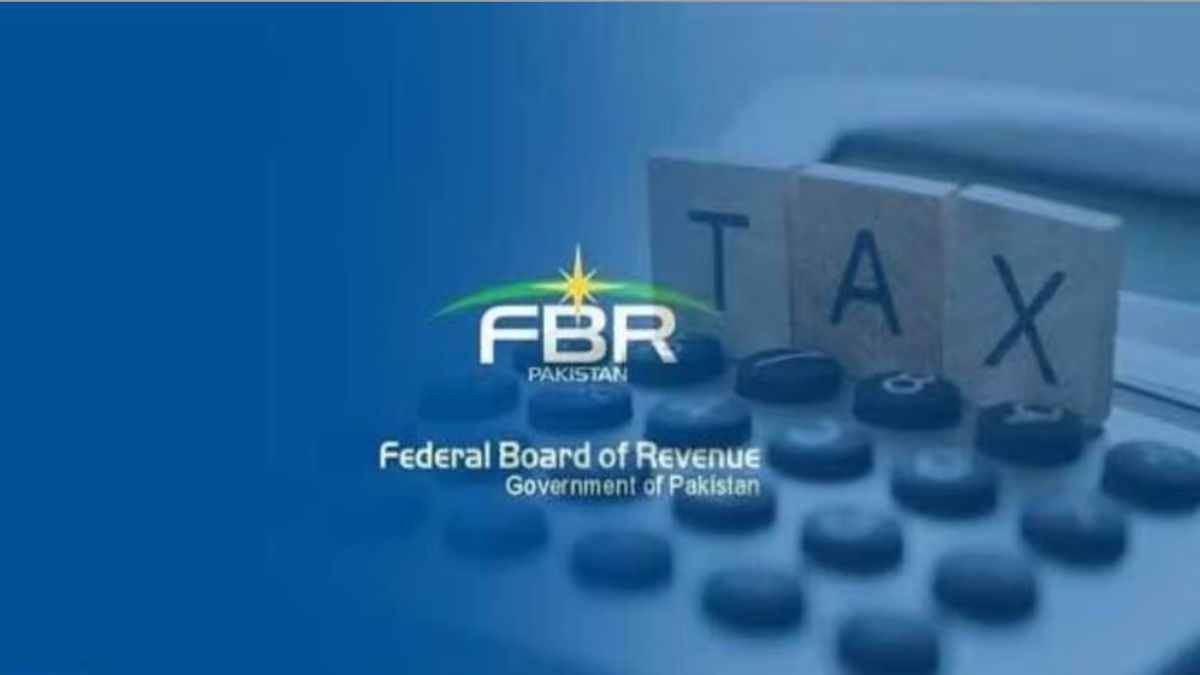Tax exemption in Pakistan offers relief to individuals, businesses, and organizations by exempting them from paying full or partial taxes. These exemptions help promote economic growth, encourage investments, and support social welfare activities. The Federal Board of Revenue (FBR) regulates tax exemptions under the Income Tax Ordinance, 2001, with updated guidelines issued regularly.
Types of Tax Exemptions in Pakistan
- Individual Tax Exemptions
Individuals earning below the taxable threshold are exempt from income tax. For the tax year 2024-25, salaried individuals with an annual income up to PKR 600,000 qualify for full exemption. Senior citizens and persons with disabilities may also benefit from additional relief. - Corporate and Sector-Specific Exemptions
Certain industries such as agriculture, software exports, renewable energy, and startups in special economic zones enjoy tax holidays and exemptions. These incentives aim to boost key sectors and attract both local and foreign investments. - Charitable Organizations and NGOs
Registered non-profit organizations, charities, and social welfare trusts qualify for tax exemption on income related to their charitable activities, donations, and grants. - Customs and Excise Duty Exemptions
Import duties, sales tax, and excise duties may be waived on raw materials, machinery, and equipment used in industrial production or export businesses, promoting industrial growth.
Read More: Steel, Ceramic Sectors Seek Lower Tariffs and Business-Friendly Reforms in Budget FY26
How to Claim Tax Exemptions in Pakistan
- Registration with FBR: Eligible individuals and organizations must register with the Federal Board of Revenue to claim exemptions.
- Documentation: Submit valid proof such as registration certificates, exemption letters, and audited accounts.
- Tax Filing: Accurately declare exempt income and provide necessary supporting documents in tax returns.
- Compliance: Some exemptions require FBR approval or adherence to specified conditions to maintain eligibility.
Benefits of Tax Exemptions
- Encourages investment and economic development in priority sectors.
- Supports charitable causes and non-profit activities.
- Provides financial relief to low-income groups, seniors, and disabled persons.
- Simplifies tax compliance and reduces the overall tax burden.
Read More: Inflation in Pakistan: Root Causes and Economic Impact (2025)
Important Considerations
Tax exemptions are subject to specific validity periods, renewal requirements, and compliance conditions. Non-compliance or inaccurate reporting can lead to penalties or revocation of tax benefits. Stay updated with the latest FBR notifications and consult tax experts to maximize benefits and ensure legal compliance.
Conclusion
Tax exemption in Pakistan is an essential tool for reducing tax liabilities while fostering economic growth and social welfare. Whether you are an individual, business, or non-profit, understanding and utilizing available tax exemptions can lead to significant financial advantages. Always seek professional advice and keep abreast of the latest tax laws to ensure full compliance and optimize your tax planning. Stay tuned with Bloom Pakistan
Read More: Investment Plans in Pakistan: Low, Medium & High Risk Choices (2025 Guide)









